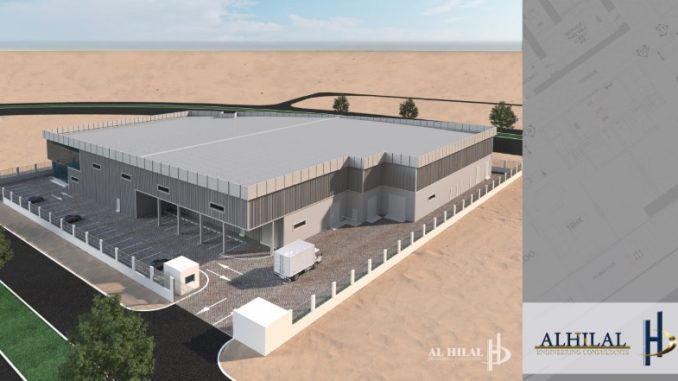
Construction management is a complex field that requires meticulous planning, coordination, and execution to ensure project success. Effective strategies in construction management Dubai can significantly impact a project’s efficiency, cost, and overall outcome. Explore here key strategies to improve construction management practices.
Detailed planning and scheduling:
Effective construction management begins with thorough planning and scheduling. Develop an inclusive project plan that outlines all phases of the construction process, from initial design to final inspection. Create a detailed schedule that includes timelines for each task, milestones, and deadlines. Use project management software to track progress, allocate resources, and adjust schedules as needed. A well-structured plan helps anticipate issues and ensures that all team members are aligned with project goals.
Budget management:
Controlling costs is vital in construction management. Establish a detailed budget that covers all aspects of the project, including materials, labor, permits, and contingency funds. Regularly review and update the budget to account for any changes or unexpected expenses. Implement cost-control measures such as competitive bidding, bulk purchasing, and careful negotiation with suppliers and subcontractors. By closely monitoring expenses and adhering to the budget, you can minimize financial risks and prevent cost overruns.
Effective communication:
Communication is essential for successful construction management. Nurture open lines of communication among all stakeholders, including clients, architects, engineers, contractors, and subcontractors. Regular meetings, progress reports, and project updates help ensure that everyone is informed about project status, changes, and challenges. Clear communication reduces misunderstandings, improves coordination, and promotes collaboration, which is vital for resolving issues and keeping the project on track.
Quality control:
Maintaining high quality throughout the construction process is key to project success. Implement a quality control plan that includes regular inspections, adherence to building codes, and adherence to design specifications. Use checklists and quality assurance protocols to ensure that all work meets required standards. Address any quality issues quickly to prevent defects and rework, which can lead to delays and additional costs.
Risk management:
Construction projects are inherently risky, and effective risk management is essential. Identify risks early in the project, including safety hazards, design changes, and regulatory issues. Develop a risk management plan that includes strategies for mitigating and addressing these risks. Regularly assess and update the plan to adapt to changing conditions. By proactively managing risks, you can minimize their impact on the project and ensure a smoother construction process.